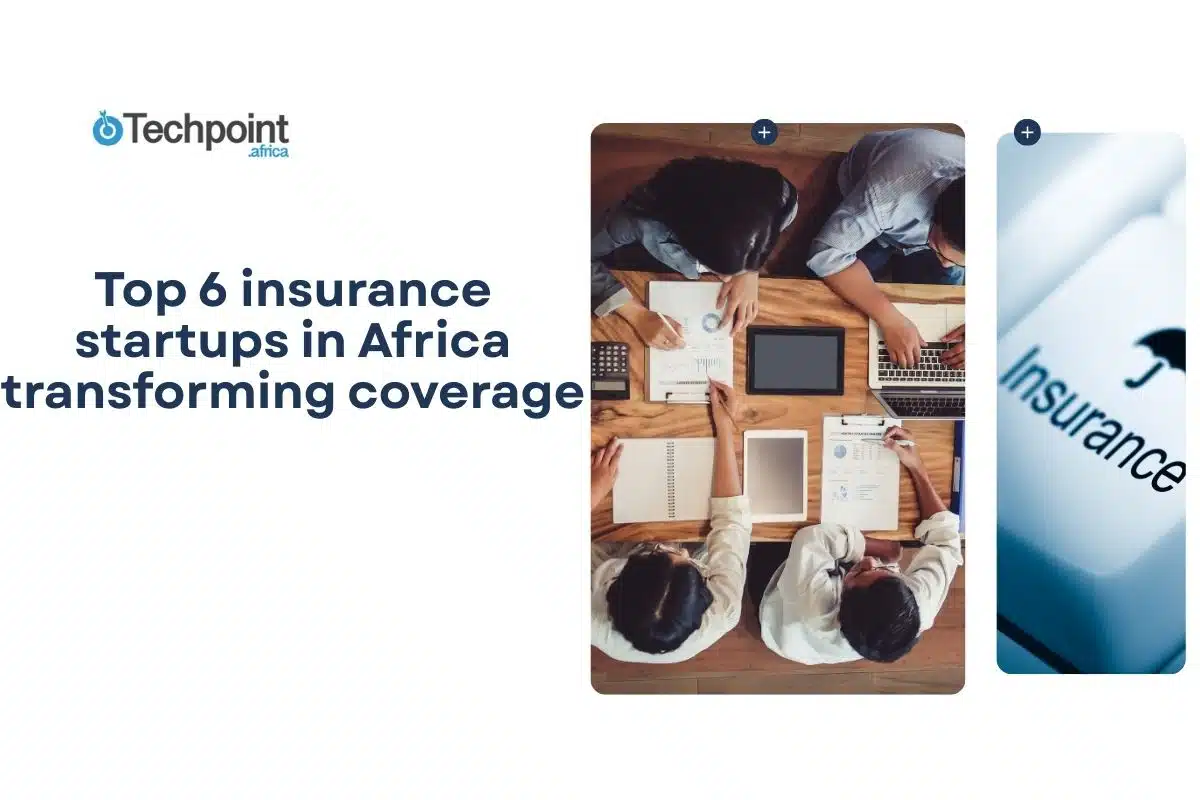Nigerian cryptocurrency exchange Roqqu has announced its acquisition of Flitaa, a Kenya-based crypto startup, as part of its expansion into East Africa. Per TechCabal, the acquisition gives Roqqu immediate entry into Kenya’s fintech market and marks the company’s first footprint in the region.
Flitaa, founded in 2019, operates in Kenya, Ghana, Uganda, and Tanzania. The company allows users to buy and sell cryptocurrencies and has built a customer base through its simplified crypto transaction services. While the value of the acquisition remains undisclosed, Roqqu stated that Flitaa’s operations will be integrated into its platform.
Roqqu has been operating since 2019 without raising external capital, and the acquisition aligns with its vision to become a pan-African crypto platform. The company also claims it has received regulatory approval to operate in Kenya, although specific details of this approval had not been independently verified at the time of reporting.
The move supports the company’s mission to improve crypto accessibility across the continent. It also follows Roqqu’s 2022 acquisition of a virtual currency licence in the European Economic Area, positioning it for international and regional expansion.
The Flitaa acquisition is part of a wider trend of Nigerian tech startups expanding into East Africa.
In June 2025, payment infrastructure startup Fincra obtained a licence from the Bank of Tanzania — its third regulatory approval in the region. Grey, a Nigerian cross-border payments firm, established its East African hub in Kenya after a seed funding round, while investment platform Risevest has explored acquisition as a path into the Kenyan market.
With Nigeria’s fintech space maturing, many startups are looking to East Africa’s more open regulatory environments and high mobile money usage for growth opportunities. Mergers, acquisitions, and local licensing are increasingly being used as tools to accelerate market entry and scale.
Still, regional expansion comes with challenges, including differing regulatory frameworks and user behaviour. By acquiring Flitaa, Roqqu is attempting to bypass some of these early hurdles and leverage existing infrastructure and customer networks.
This development also comes amid tightened funding conditions for African startups. In March 2025, total startup funding on the continent dropped to $50 million, the lowest monthly figure in recent years. However, Nigeria and Kenya collectively accounted for nearly half of that total, highlighting their central roles in the ecosystem.

Victoria Fakiya – Senior Writer
Techpoint Digest
Make your startup impossible to overlook
Discover the proven system to pitch your startup to the media, and finally get noticed.
As capital becomes more selective, intra-African consolidation, particularly in sectors such as fintech and crypto, is expected to increase, with startups like Roqqu leading the way.











